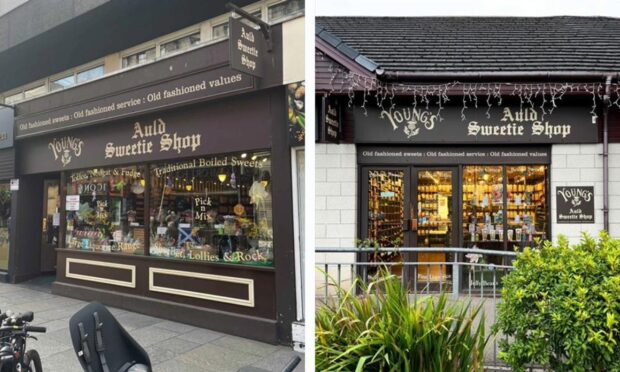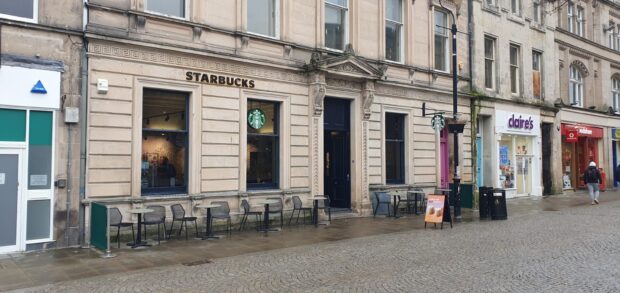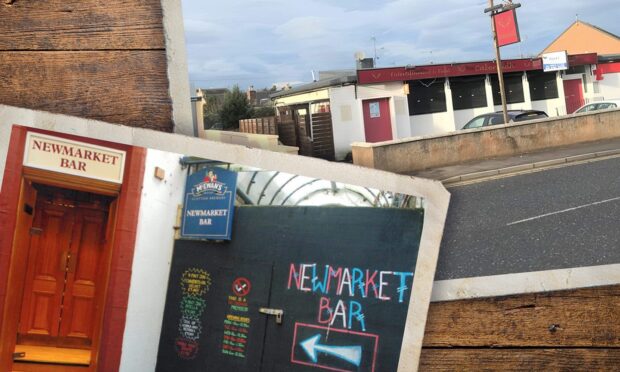Shareholders of a fintech company specialising in cybersecurity have welcomed a report which estimates that its value has skyrocketed in just four years.
Estimated to be worth £1million in 2012, Payfont has now been valued at between £106.7million and £180.3million.
The Edinburgh-based firm, which has been backed by a group of north-east based investors including James Barrack of Knight Property Group, has been hailed for its ability to turn the internet’s “risk into an opportunity”.
A recent audit on the value of the firm’s intellectual property (IP) found that its technology, which combats online identity theft, was worth between £44.8million and £60.4million.
Martin Brassell, chief executive of Inngot, which undertook the audit, said: “Payfont’s IP is potentially highly disruptive. Its approach to data fragmentation makes a virtue out of the Internet’s capacity to distribute data widely, turning a former risk into an opportunity. It also crosses a number of perceived boundaries in the cyber-security marketplace.”
Dr David Lanc, Payfont’s founder and chief executive, said: “The valuation of our IP supports over 10 years of complex intellectual development. We now have technology at one level that can protect vulnerable people online in a people-friendly manner, and at another, the data security sophistication to protect against major disasters from datacentre outages that impact major utilities. We believe our technology is pretty unique, as does those who’ve validated it.”
Ian Paterson Brown, commercial director of Payfont, said: “When we started the commercial journey four years ago the whole company was valued at £1 million. Today’s value reflects the strength of our intellectual property and its relevance to the identity and data security markets and all of this has been built for under £2.5million.”
Payfont is planning to raise further funds to accelerate its product development and go to market strategy.










